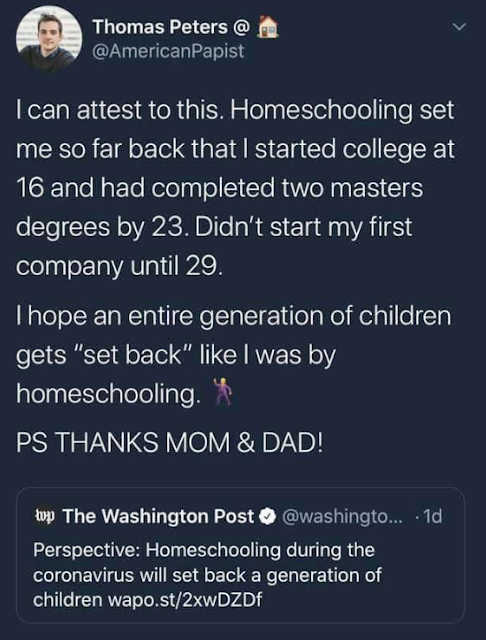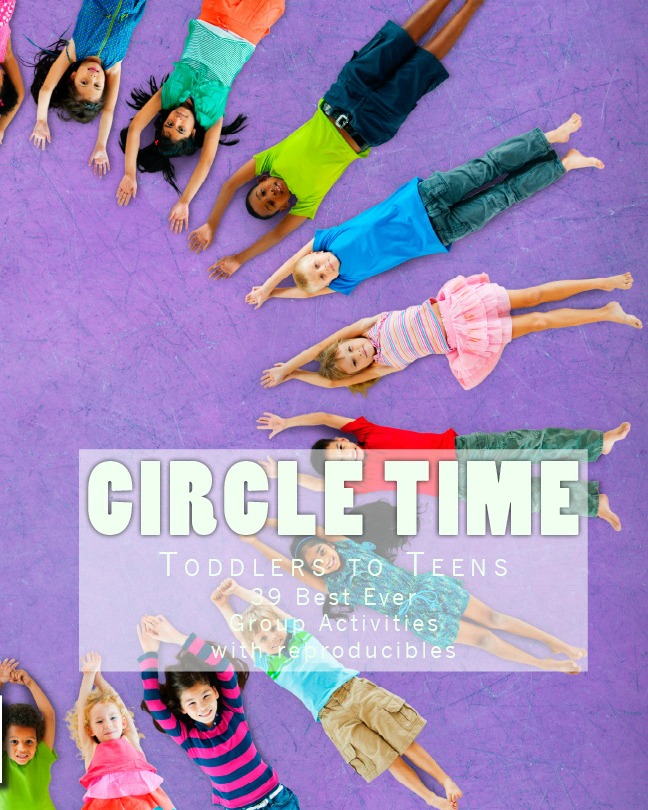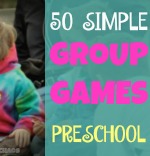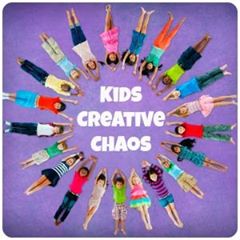Homeschooling Advice
This guest post on homeschooling advice is by Becky Hunt from Experienced Mommy. Becky has homeschooled four kids (including one with special needs) for the past 20 years. Listen up!
This post contains affiliate links.
In case no one ever told you, homeschooling comes with making a lot of decisions.
Some moms are super-fast decision makers. They do a little research. They pick a book or a curriculum, or a study group, they buy stuff and BANG they are done.
No regret, no second guessing, no wringing the hands, no worry that they are going to ruin their kid forever.
Except I don’t actually know any of those moms.
I’m not saying every homeschooling mom friend of mine is a basket case, but let’s just say the vast majority of moms, especially those just getting started, do way too much stressing out.
My Story
I have a special needs daughter, Anna, who is 17 but operates at more of a one-and-a-half-year-old level. She is a category all her own and will always keep the nest full.
But I also have two boys and a girl, all three of which I homeschooled from kindergarten through 12th grade. My oldest son and daughter graduated from Purdue and my younger son is still studying there.
I assembled my own curriculum, didn’t do too much in the way of co-ops or groups, changed things up for each child, and generally made my own way.
The kids all got good scholarships, test scores, etc. and are doing just fine.
But it doesn’t matter how I did it.
The choices you end up making are a lot less important than the process you use to make them. And the key thing about the process is learning to RELAX!
The kids are going to be fine. You aren’t going to sabotage their futures and lives and jobs by choosing A instead of B or X instead of Y.
And that brings me to the first thing you need to relax about:
Relax About Curriculum
Yeah, you have to cover the three R’s, Reading, wRiting and aRithmetic, and yes, you need to work in whatever your state requires especially in high school.
But other than that, don’t sweat it!
Pick something that looks good, that fits with your direction and world view, and relax.
Education is a long, long term process where we are exposing our kids to principles, ideas, facts and the world.
It is no simplification to say that all we are really trying to do is teach our kids to think. We are teaching them a process for learning.
That’s why the material itself isn’t that crucial. We are basically saying “here are some books and videos and projects: we are going to interact with this pile of stuff.”
We are going to:
- Figure out what the books want us to do
- Understand what the benefit of the content is
- Learn how to get the important parts out of it
- Learn how to skip over the stuff we don’t care about
And each time we go through a course or topic, our minds get better at learning, and that’s the whole point.
Which is also why the coverage isn’t the most important thing.
Relax About Coverage
Lots of text books have 50 chapters and I know so many moms who are stressed every week because their kid didn’t make through the 1.4 chapters necessary to get done by the end of the year.
But if education is about the process of learning, it just doesn’t matter whether you cover all 50 chapters.
What difference does it make if you plow through 10 extra chapters but the kid only remembers 5% of it and everybody is at each other’s throats the whole time?
If you are obsessed over getting a certain score on a standardized test, and the test has stuff on it your kid has never seen before, you have to have a plan for that. But you still relax and chill and be strategic at the same time.
Relax About Milestones
My kids didn’t start writing papers until they were in 5th or 6th grade. Turns out that was perfectly fine. It gave them a chance to have hundreds of really great books read out loud and discussed with them.
Kids don’t have know the alphabet, read, write or do algebra by a certain age. Relax. It will be fine. They will get it when they need to get it.
Not only will they eventually get it, they’ll learn better when they are ready for it.
Relax About the End Results
I wanted it all. I wanted my kids to excel academically, be well rounded individuals and get great jobs. But most importantly I wanted them to become men and women of character who love God and are kind, honest and unselfish.
Credentials flow from character.
And kids learn character from how you behave not from what you say.
So how do you relax about a big list of goals and dreams you have for your kids?
Well that’s a tough one, but you just have to realize that the end results will come from a steady, consistent relationship that you have with your children over a period of years.
You will sit with them, love them, fight and make up with them, learn with them, learn how to learn with them and persevere when you are tired and want to ship them off to school.
And it will all work out. The kids will be fine.
Recommended:

































